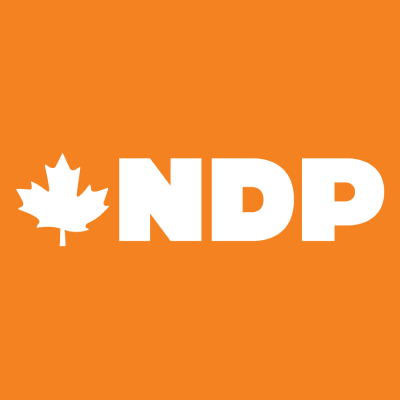Transcript: Canadians that are trying to either buy their own home, rent an affordable home, or in the case of Peggy, trying to stay in an affordable home, are all getting kicked in the teeth. They’re facing these challenges because the market hasn’t been set up for them to compete with families in similar situations with similar incomes. Instead, Canadians wanting to find their way into a home are having to compete with deep-pocketed corporate investors. This is what’s structurally wrong with the Canadian housing market.
There are people out there that’ll tell you different things about that. The Liberals so far have only been willing to take action concerning foreign buyers, but we know they only represent about five percent of the market. Conservatives will argue that it’s government spending, it’s the Bank of Canada, or anything else that diverts attention from the real problem. The genuine issue is the massive corporate profits made by turning what should be a market about people securing a family home into an asset class for profit generation.
This isn’t a phenomenon that occurred by accident. If you delve into the history of real estate investment trusts (REITs), you’ll find that they began their rapid ascent in 1996. Coincidentally, this was right after the Liberals canceled the national housing strategy. The trend has been growing ever since. It’s myopic to focus solely on the last two years and the housing market fluctuations during this exceptional period. The trend of Canadians being pushed out of affordable homes started much earlier than that, and it’s a pattern seen across both Liberal and Conservative governments.
These administrations have been lacking in supply-side solutions. Additionally, they’ve cultivated a tax culture that rewards companies for buying affordable buildings, ousting tenants, and then hiking rents. Through the tax code, if you’re part of a REIT, you’re exempted from paying corporate tax on your profits, as long as you distribute the income to individual investors. Normally, a company would first settle corporate income tax on its earnings and then distribute its dividends from the remaining amount.
Another way the housing market has been undermined is by both Liberal and Conservative governments not renewing operating grants linked to many affordable buildings, be it co-op housing or non-profit housing. Federal operating money made those units more than just affordable – they were rent-geared to income, which is the gold standard for housing. It ensures tenants don’t end up paying an exorbitant portion of their earnings on rent. As these 40 or 50-year mortgages began to expire towards the end of the Harper government’s term, the promise of not renewing these operating grants was made. While the Liberals ran on a commitment to sustain them, they backtracked.
Consequently, buildings across the country that had federal funding, ensuring they could offer affordable rents to tenants, were told by both Conservative and Liberal governments that there would be no funding renewal. This meant they either had to raise the rents or sell their buildings. This situation made them ripe targets for REITs, which had the financial means to outbid non-profit associations experienced in housing.
This is a long-brewing problem, and while the pandemic exacerbated the situation, attributing the crisis solely to pandemic-induced government spending is a mistake. The housing crisis has been building up for ages and has now reached a critical point. We must take actions to stabilize the market and salvage the affordable units we still have. Experts reveal that for every new affordable housing unit we establish in Canada today, we’re losing 15. This rate is unsustainable. The decrease in supply, combined with the detrimental role of REITs and other corporate landlords, is at the crux of the issue.
We need proactive government intervention to address and resolve this problem, ensuring Canadians have access to affordable housing. This is why we’re announcing specific measures today. Jenny has already mentioned imposing a moratorium on REITs and corporate landlords from purchasing affordable buildings. We’ve also discussed establishing a fund so that non-profit housing experts can acquire and manage these buildings appropriately. Another crucial step is eliminating the preferential tax treatment for REITs, which only makes them a more enticing investment option, drawing more capital into a system that’s undermining our housing market.
We shouldn’t be incentivizing investors to exploit a mechanism that makes housing less accessible for Canadians. Our package of solutions aims to conserve affordable units, create more of them, and stop rewarding major investors who profit by forcing Canadians out of homes they can afford, leaving them to fend for themselves.
This strikes me as a convenient scapegoat more than anything. None of the major parties dares admit that more affordable housing would require home prices to drop
So let’s blame the scary REIT bogeyman!
We need a massive, WW2-style investment in home construction, and we need housing prices to go down. That’s something that the NDP believes in more than any other party. Take a look at this response in the last leader’s debate, where Singh actually pushes back on the notion that housing should be an investment and prices should keep going up. You think Poilievre or Trudeau are going to say anything like that?
The fact is though, that REITs are buying up massive amounts of property, have perverse tax incentives, and have a lot of political influence through their accumulation of capital over the past decades.


